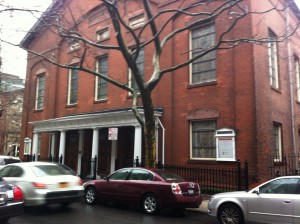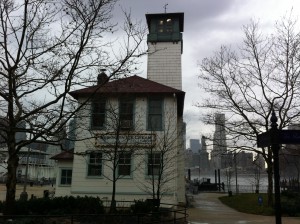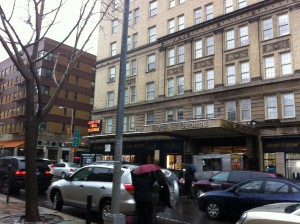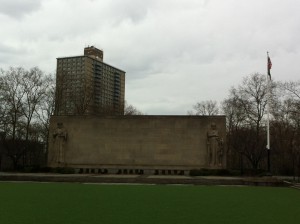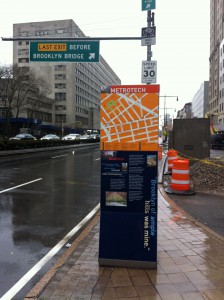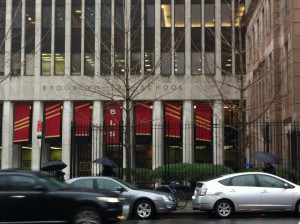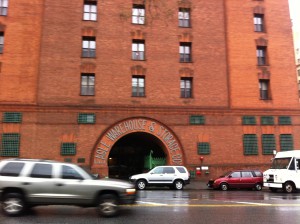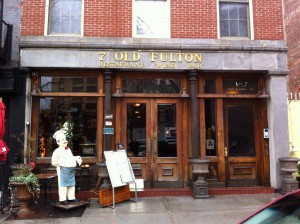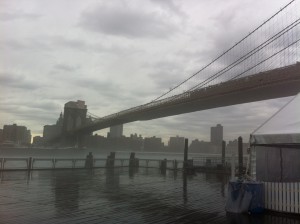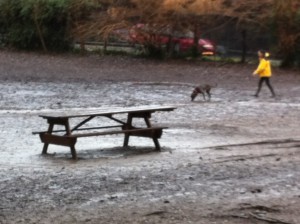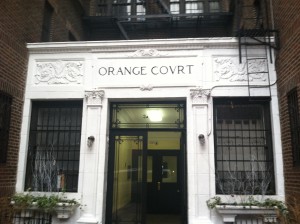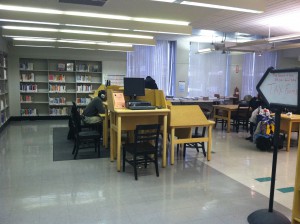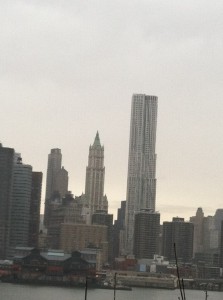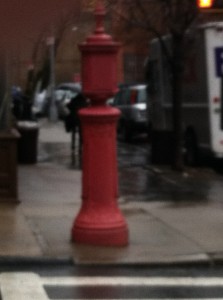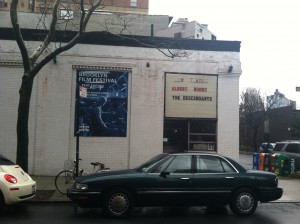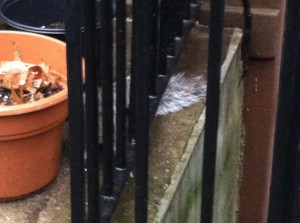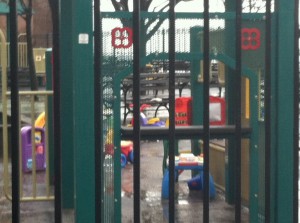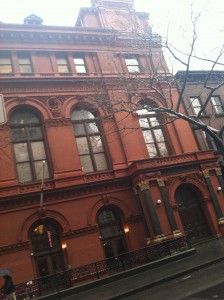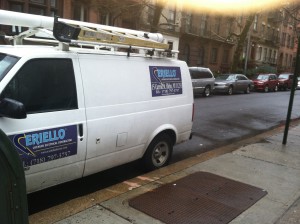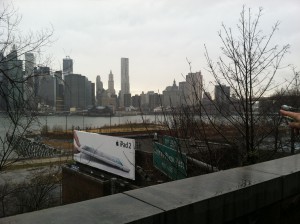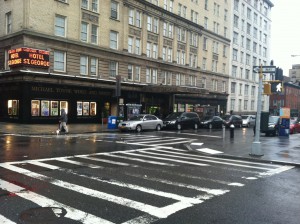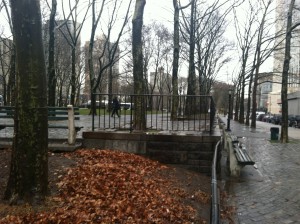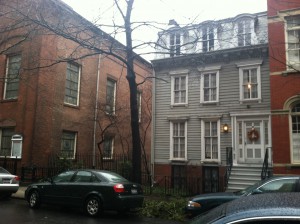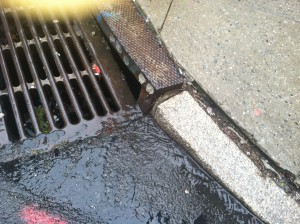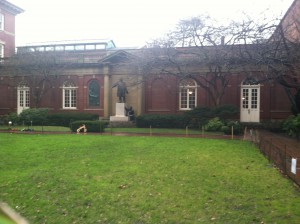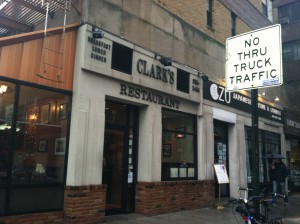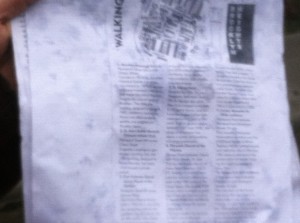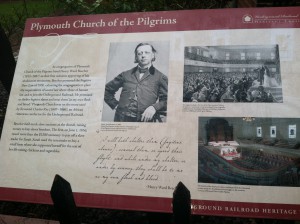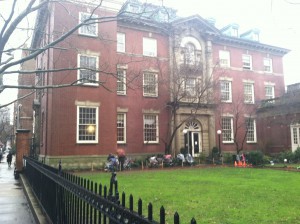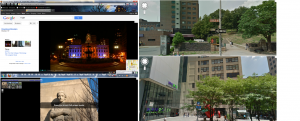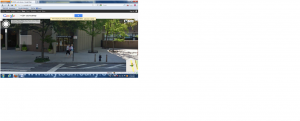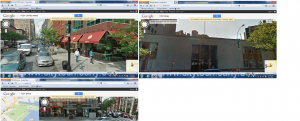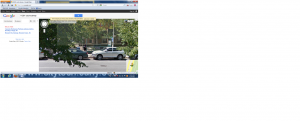The life of Richard Feynman has many interesting events. However, his life generally represents in my opinion, the direction many young male students with significant interest and experience in mathematical studies are invited to participate in. What I am speaking of is Physicists who work within the government; and who eventually end up working on top-secret projects in atomic-physics for national defense. Based on the information presented in the early part of his book, Mr. Feynman describes events, which lead me to believe in advance that he would eventually end up working with intelligence. The fact that he mentions working on specific government projects, which require a top secret security clearance was in my opinion, a clear indication of my previous expectations of the book.
The most important thing I came away with as a result of reading this book; is the journey one takes in obtaining knowledge. Mr. Feynman from as a young child consistently was in search of knowledge with a strong desire to learn more and solve complex problems. As the well-known musician and trumpet player Freddy Hubbert once said, “Embrace the journey.” Feynman as a young man began to embrace the journey of life, seeking knowledge of many things. I was also compelled to reflect on the Ontological Argument of Descartes, and the Fifth Meditation of Descartes, which I feel represents the development of knowledge through exploration of philosophical principles of learning. How we know what we know is a journey of trial and error of social development. The ethical issue Feynman speaks of at the end of his book is an idealistic view, which is generally non-existent or locked in the chains of our communications and involvement with others; particularly in employment. People most of the time will trade the truth, which lives in their hearts rather than run the risk of rejection.

